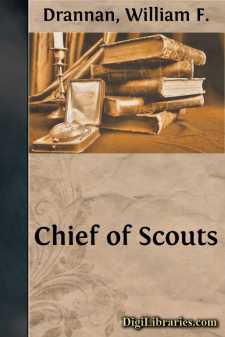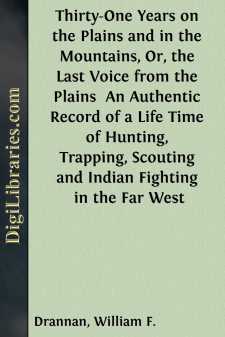Categories
- Antiques & Collectibles 13
- Architecture 36
- Art 48
- Bibles 22
- Biography & Autobiography 814
- Body, Mind & Spirit 145
- Business & Economics 28
- Children's Books 17
- Children's Fiction 14
- Computers 4
- Cooking 94
- Crafts & Hobbies 4
- Drama 346
- Education 53
- Family & Relationships 59
- Fiction 11833
- Foreign Language Study 3
- Games 19
- Gardening 17
- Health & Fitness 34
- History 1377
- House & Home 1
- Humor 147
- Juvenile Fiction 1873
- Juvenile Nonfiction 202
- Language Arts & Disciplines 88
- Law 16
- Literary Collections 686
- Literary Criticism 179
- Mathematics 13
- Medical 41
- Music 40
- Nature 179
- Non-Classifiable 1768
- Performing Arts 7
- Periodicals 1453
- Philosophy 66
- Photography 2
- Poetry 897
- Political Science 203
- Psychology 45
- Reference 154
- Religion 516
- Science 126
- Self-Help 85
- Social Science 82
- Sports & Recreation 34
- Study Aids 3
- Technology & Engineering 59
- Transportation 23
- Travel 463
- True Crime 29
Our website is made possible by displaying online advertisements to our visitors.
Please consider supporting us by disabling your ad blocker.
Chief of Scouts
Description:
Excerpt
CHAPTER 1.
At the age of fifteen I found myself in St. Louis, Mo., probably five hundred miles from my childhood home, with one dollar and a half in money in my pocket. I did not know one person in that whole city, and no one knew me. After I had wandered about the city a few days, trying to find something to do to get a living, I chanced to meet what proved to be the very best that could have happened to me. I met Kit Carson, the world's most famous frontiersman, the man to whom not half the credit has been given that was his due.
The time I met him, Kit Carson was preparing to go west on a trading expedition with the Indians. When I say "going west" I mean far beyond civilization. He proposed that I join him, and I, in my eagerness for adventures in the wild, consented readily.
When we left St. Louis, we traveled in a straight western direction, or as near west as possible. Fifty-eight years ago Missouri was a sparsely settled country, and we often traveled ten and sometimes fifteen miles without seeing a house or a single person.
We left Springfield at the south of us and passed out of the State of Missouri at Fort Scott, and by doing so we left civilization behind, for from Fort Scott to the Pacific coast was but very little known, and was inhabited entirely by hostile tribes of Indians.
A great portion of the country between Fort Scott and the Rocky
Mountains that we traveled over on that journey was a wild, barren
waste, and we never imagined it would be inhabited by anything but wild
Indians, Buffalo, and Coyotes.
We traveled up the Neosha river to its source, and I remember one incident in particular. We were getting ready to camp for the night when Carson saw a band of Indians coming directly towards us. They were mounted on horses and were riding very slowly and had their horses packed with Buffalo meat.
With the exception of Carson we were all scared, thinking the Indians were coming to take our scalps. As they came nearer our camp Carson said, "Boys, we are going to have a feast".
On the way out Carson had taught me to call him "Uncle Kit." So I said,
"Uncle Kit, are you going to kill an Indian and cook him for supper?"
He laughed and answered, "No, Willie, not quite as bad as that. Besides, I don't think we are hungry enough to eat an Indian, if we had one cooked by a French cook; but what will be better, to my taste at least, the Indians are bringing us some Buffalo meat for our supper," and sure enough they proved to be friendly.
They were a portion of the Caw tribe, which was friendly with the whites at that time. They had been on a hunt, and had been successful in getting all the game they wanted. When they rode up to our camp they surrounded Carson every one of them, trying to shake his hand first. Not being acquainted with the ways of the Indians, the rest of us did not understand what this meant, and we got our guns with the intention of protecting him from danger, but seeing what we were about to do, Carson sang out to us, "Hold on, boys....



